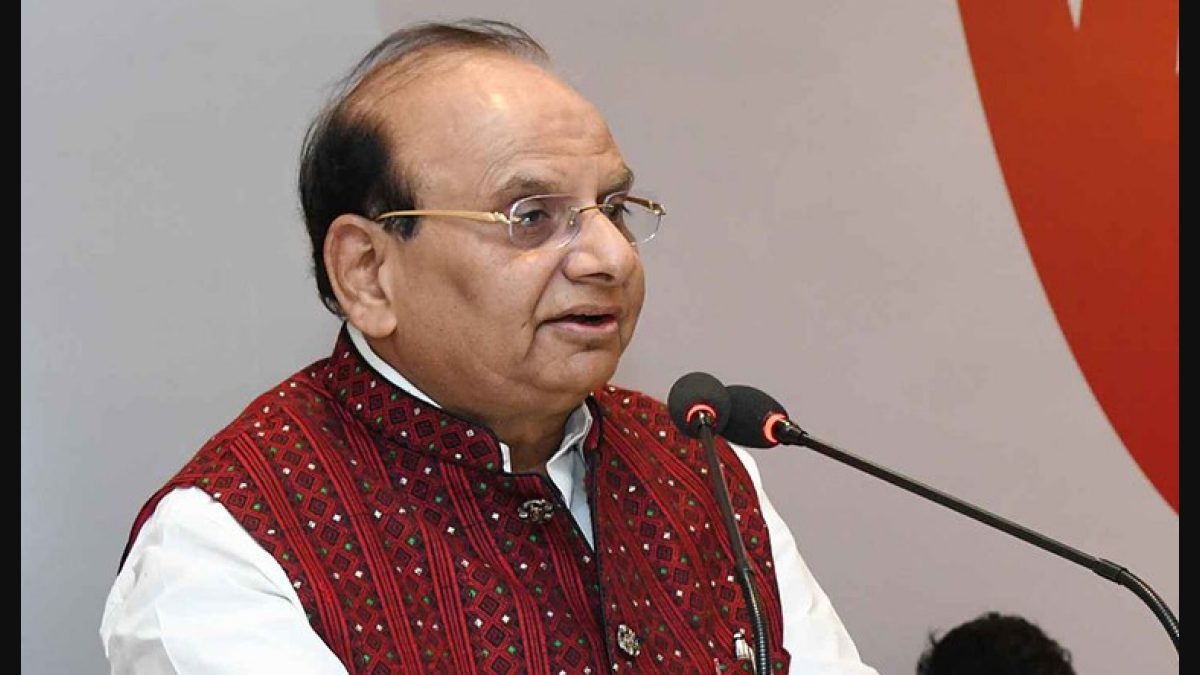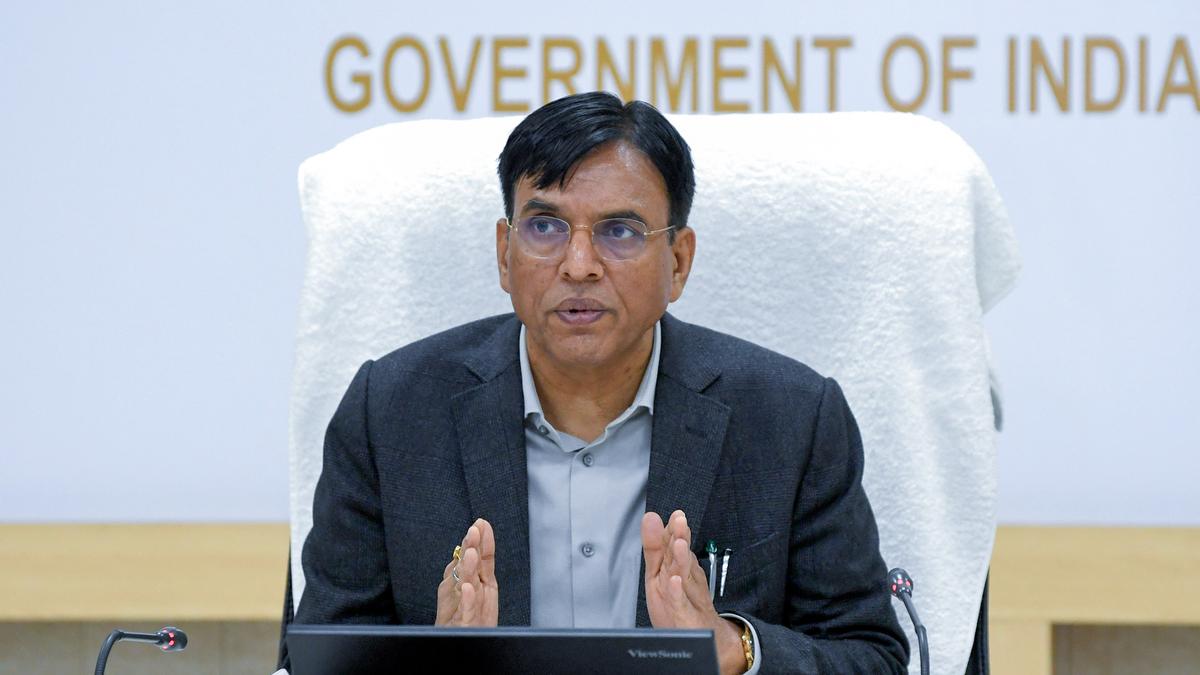Telangana High Court summons HYDRAA chief
Sat 28 Sep 2024, 00:20:27
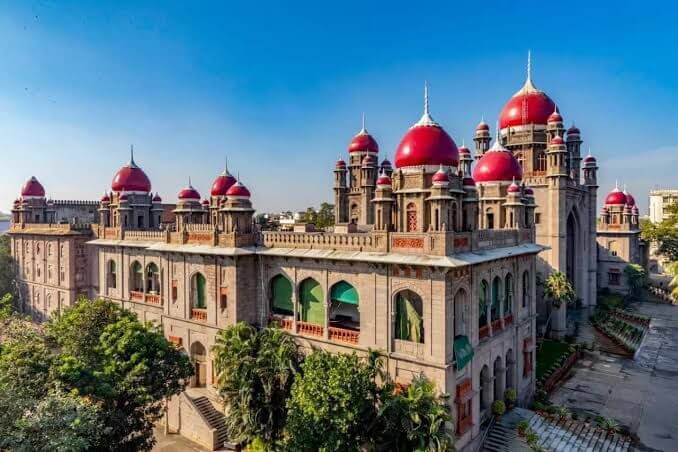
Justice K. Lakshman has summoned the Commissioner of the Hyderabad Development Authority (HYDRAA), A.V. Ranganath, along with other officials, for allegedly violating a court order during the demolition of structures at Sri Krishna Nagar, Kistareddypet Village, Ameenpur Mandal.
The case stems from a writ petition filed by Mohammed Rafi and another claimant, who assert their legal ownership of the property in question. They contend that all construction was carried out in accordance with building permits obtained from relevant authorities, adhering strictly to all stipulated timelines.
The petitioners alleged that their rights were threatened by authorities, leading them to file multiple writ petitions in response to perceived interference. During previous hearings, the standing counsel for the Greater Hyderabad Municipal Corporation (GHMC) acknowledged that officials had not visited the property or issued demolition orders.
However, the HYDRAA has maintained that it acted according to a government order issued on July 19, authorising actions to remove unauthorised constructions. The court took into account prior interim orders prohibiting interference with the ongoing construction without following due legal process.
The petitioners also highlighted the incident on Sunday morning when authorities reportedly arrived with bulldozers and heavy machinery, dismantling their property and discarding personal belongings—an act they claim directly contravened earlier court directives.
Counsel for HYDRAA argued that they were responding to a directive from the Tahsildar to assist in the demolition of structures deemed illegal on government land, as part of their role as a coordinating agency for government asset protection.
In response, Justice Lakshman stated that the actions taken by HYDRAA
and other officials were in apparent violation of court orders and demanded an explanation from the Tahsildar, Ameenpur Mandal, and the Commissioner of HYDRAA. The matter has been scheduled for further proceedings on September 30, with officials required to appear either physically or virtually.
and other officials were in apparent violation of court orders and demanded an explanation from the Tahsildar, Ameenpur Mandal, and the Commissioner of HYDRAA. The matter has been scheduled for further proceedings on September 30, with officials required to appear either physically or virtually.
A Division Bench of the Telangana High Court, comprising Justice Moushumi Bhattacharya and Justice Nagesh Bheemapaka, strongly criticised the National Investigation Agency (NIA) for adopting conflicting positions before various High Courts to serve its own interests.
This ruling arose during the bench’s consideration of applications for condonation of a 390-day delay in challenging orders issued by a Special Court. The court examined arguments presented by S.M. Rizwan Akhtar, counsel for the appellant, and Vishnuvardhan Reddy, Special Public Prosecutor for the NIA, regarding the applicability of Section 5 of the Limitation Act to appeals filed under Section 21(5) of the NIA Act.
After reviewing decisions from multiple High Courts, the bench affirmed that Section 5 was indeed applicable. In a pointed observation, the judges noted the “diametrically-opposite stances” taken by the NIA, describing the agency’s inconsistent approach as a “flip-flop.”
The bench invoked Article 14 of the Constitution of India, emphasising the fundamental right to non-discrimination, and asserted that the NIA and the accused should be treated equally under the law. In their order, the judges introduced the term “Justice Bar,” highlighting the perceived statutory barriers in Section 21(5) of the NIA Act, which they more aptly termed a “Bar to Justice” when applied inconsistently.
The Division Bench chose a purposive interpretation of the law, prioritising constitutional protections over a strict literal reading of the statute.
No Comments For This Post, Be first to write a Comment.
Most viewed from Hyderabad
Most viewed from World
AIMIM News
Delhi Assembly polls: Owaisi leads Padyatra in Okhla
Feb 01, 2025
We reject this Waqf Amendment Bill: Asaduddin Owaisi
Jan 30, 2025
Latest Urdu News
Most Viewed
May 26, 2020
Which team will win the ICC Men's Champions Trophy 2025 held in Pakistan/Dubai?
Latest Videos View All
Like Us
Home
About Us
Advertise With Us
All Polls
Epaper Archives
Privacy Policy
Contact Us
Download Etemaad App
© 2025 Etemaad Daily News, All Rights Reserved.

.jpg)
.jpg)
.jpg)
.jpg)
.jpg)
.jpg)
.jpg)
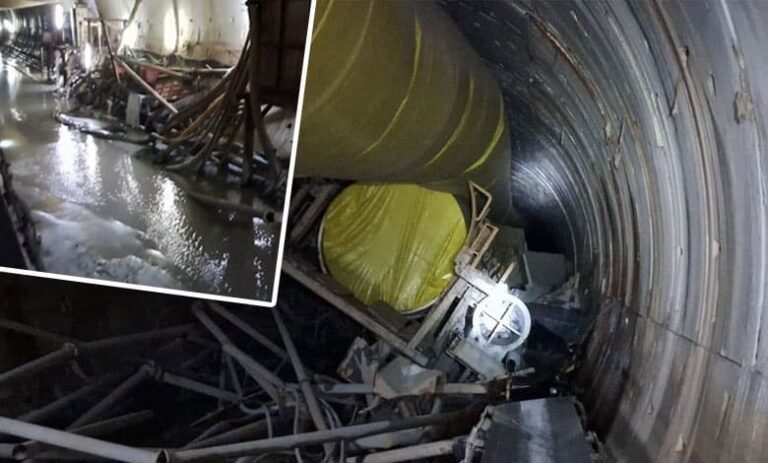

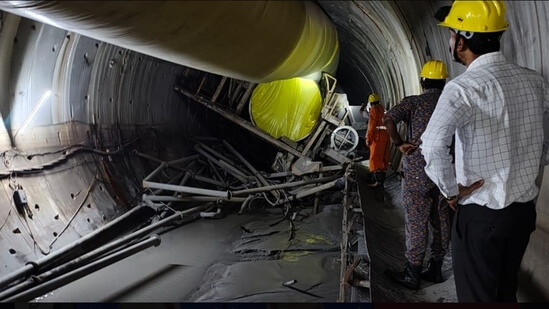
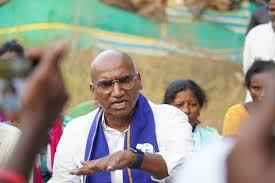
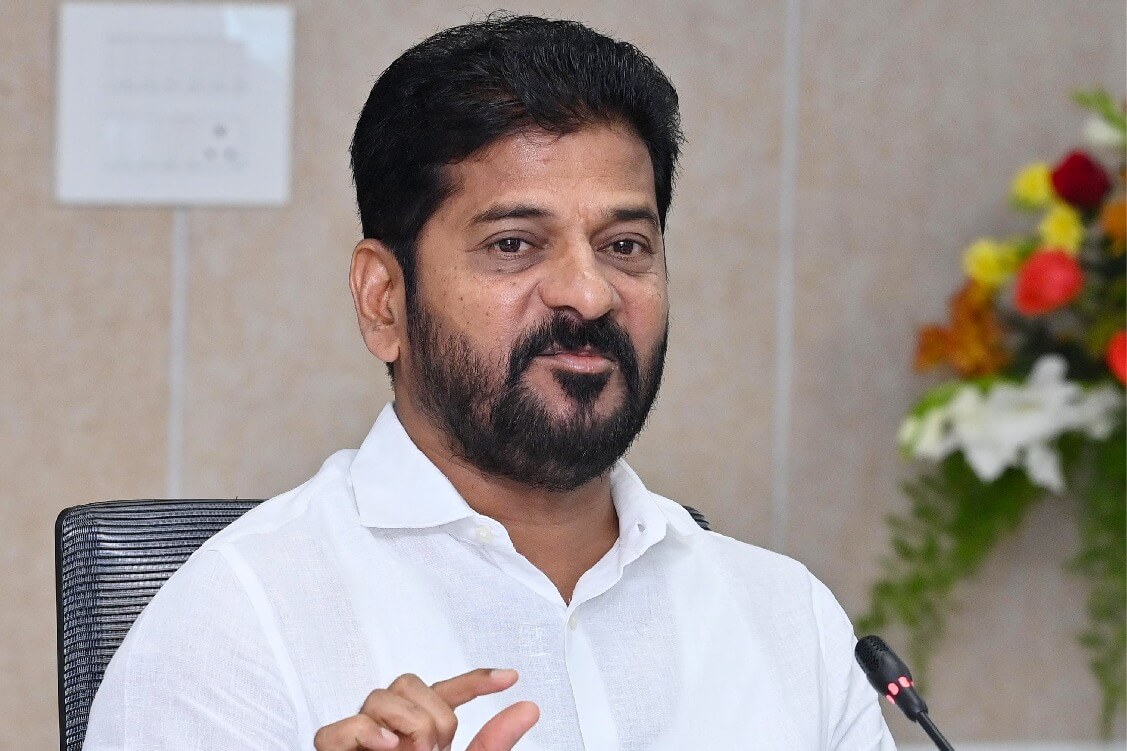
.jpg)
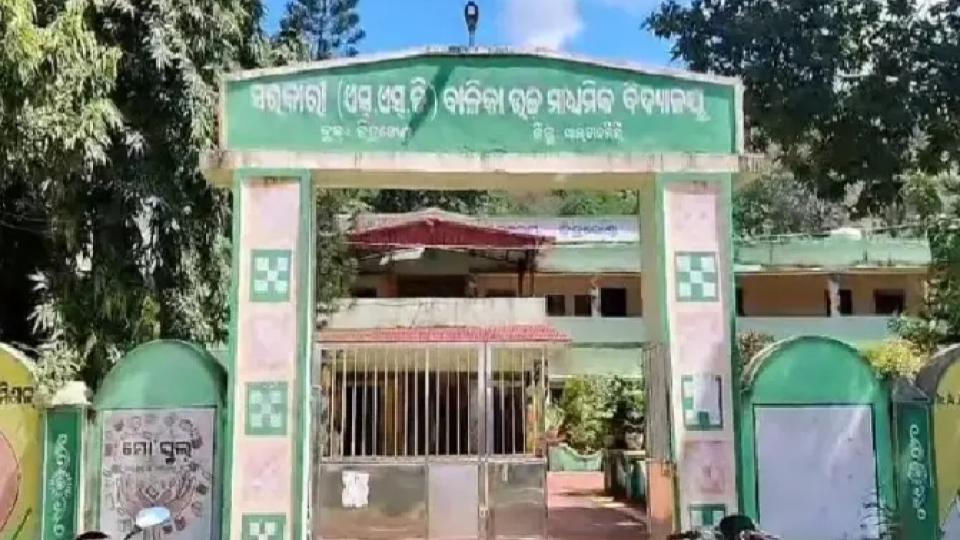
.jpg)
.jpg)
.jpg)
.jpg)
